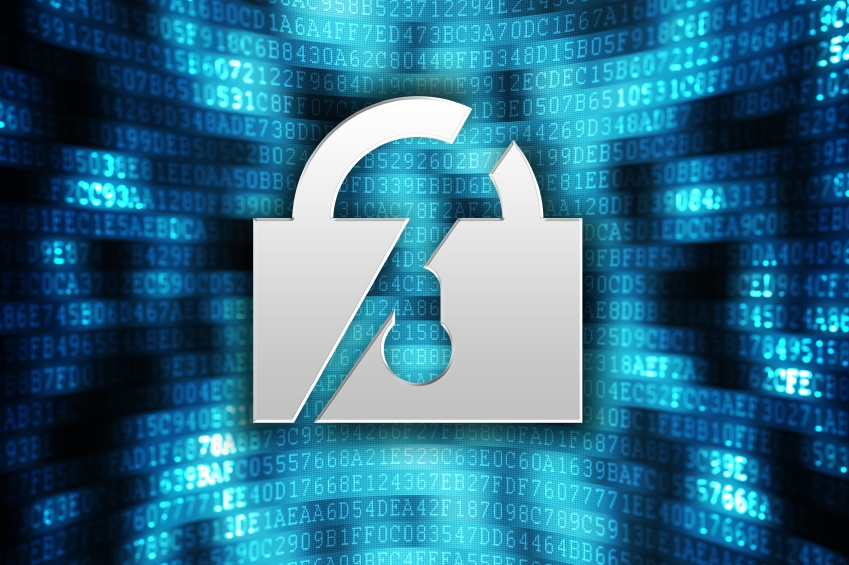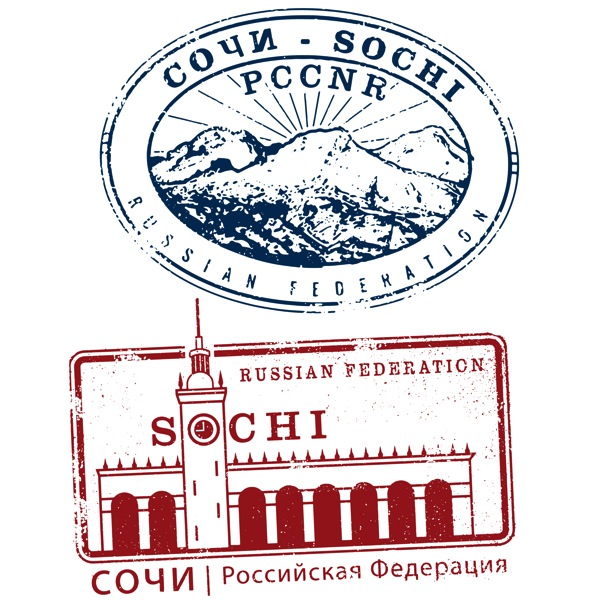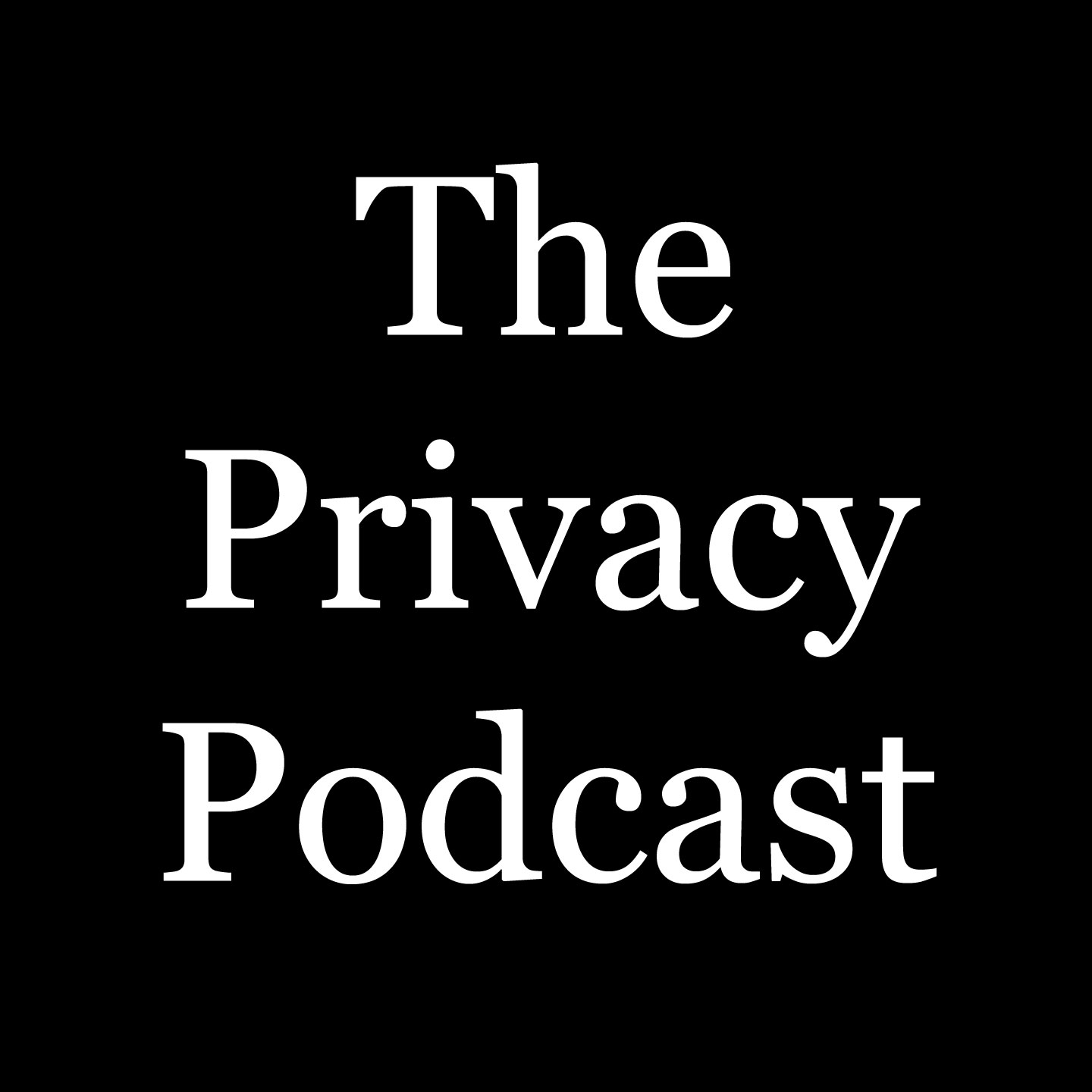On Monday, Dec 16, during final exams, someone sent an email to Harvard University administrators saying that there were bombs in two of four named buildings on campus. The threat was a hoax to get out of final exams. The sender used TOR and Guerrilla Mail, a disposable email address service, to hide his identity.
Despite that, police quickly identified Eldo Kim, he confessed, and was arrested. So, why did the privacy tools fail?
According to the FBI affidavit, the lead came from Harvard University, which was able to determine that Mr. Kim had accessed TOR from the university wireless network shortly before and while the emails were being sent.
This is really a case of classic police work. A bomb threat during finals is very likely to be from a student trying to avoid the tests. A student trying to avoid a test is unlikely to have the discipline to find and use a remote network. Therefor, the one or hand full of students using TOR at the time of the email are the most likely suspects…. and it turns out that they are right.
This case provides some important lessons to the rest of use who are trying to protect our identities for less illegal reasons.
First, clearly the Harvard Wireless network is being actively monitored and logged. It is reasonable to assume that your ISP or government might be monitoring your activities. One way to reduce correlations of your activity is to use privacy tools all the time, not just when you need them. This provides plausible deniability.
After all, if you never use such services, except for ten minutes exactly when some message was sent, and you are a likely suspect, then the circumstantial evidence is very strong. If you are using them 24/7, then the overlap says nothing.
Second, if Mr. Kim used anonymous email, how did they know he used TOR to access the email service? Because GuerrillaMail embeds the sending IP address in every outgoing email. The service only hides your email address, not your IP. In this case, they must have embedded the IP address of the exit TOR node. Even if they had not embedded the IP, GuerrillaMail keep logs which would have been available to the FBI with a warrant.
The lesson here is to look closely at your privacy tools, and to understand what they do protect and what they don’t.
The most important takeaway is that there is no privacy tool which will let you turn it on and turn off your brain. You always need to be thinking about what you are hiding, from whom, and how much effort they are likely to expend in finding you.
If you are hiding your IP address to get a better price on airline tickets, the threat is very low across the board. If you make terrorist threats, it is very hard to stay hidden afterwards.
 Apple released an update for Mac OS X 10.9 fixing the serious GOTO FAIL SSL vulnerability. This update appears to resolve the problem for The Safari browser, and many other Apple applications that use SSL/TLS.
Apple released an update for Mac OS X 10.9 fixing the serious GOTO FAIL SSL vulnerability. This update appears to resolve the problem for The Safari browser, and many other Apple applications that use SSL/TLS.




 Turkey passed legislation to allow the government to censor access to websites within four hours of receiving an allegation of privacy violations.
Turkey passed legislation to allow the government to censor access to websites within four hours of receiving an allegation of privacy violations. 



